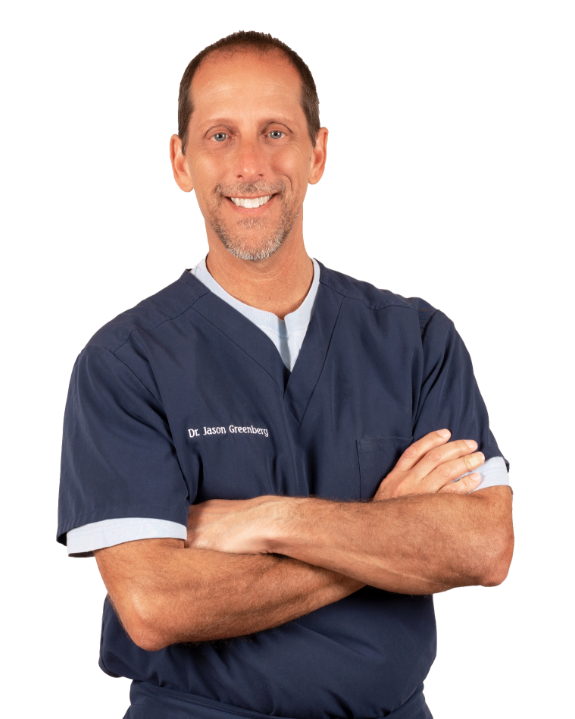Rediscover clear vision and brightness with cataract surgery in Indianapolis
Learn more about cataract surgery and how it can restore your vision by replacing your cloudy lens, letting you enjoy a brighter, clearer view of the world
Restore and improve your vision in 3 Simple Steps
Navigating cataract treatment options can feel overwhelming, but we’ve streamlined the process to make it as effortless as possible


Step 1: GET IN TOUCH
Your journey to clearer vision begins with a personalized consultation. Our friendly team is ready to assist—just call us at 317-202-0669 or use our convenient online calendar to book your complimentary face-to-face consult


Step 2: WE’LL MEET
During your one-on-one consultation, we’ll answer all your questions and provide a tailored recommendation based on your lifestyle and vision needs. You’ll leave with complete confidence in the best cataract treatment plan for your unique eyes.


Step 3: ENJOY FREEDOM
After treatment, countless patients across the country rave about the clarity and vibrancy of their restored vision. Many who opt for reading vision enhancement share how rejuvenated they feel being able to read without glasses—wishing they had made the choice years sooner!
Experience the luxury of clear vision. Schedule your free face-to-face consultation today.
Our Patients LOVE Their Results
Thousands of delighted patients have freed themselves from glasses and contacts
We answer your questions about LASIK and lens surgery
Get a quick overview of everything you need to know about restoring your vision
Our Partnerships & Community Services
As a company who is dedicated to providing the best refractive vision correction for our community, we are passionate about partnering with local organizations who share our values.

Jason Greenberg, MD
Board Certified Ophthalmologist, Refractive Surgery Specialist
“With over 20 years of experience and more than 90,000 LASIK procedures performed, I’m committed to using advanced technology and personalized care to help each patient achieve their best possible vision.”

Padma Ponugoti, MD
Board-Certified Ophthalmologist, Cataract & Glaucoma Specialist
“My goal is to provide patients with the best possible vision through personalized surgical care.”

Amelia Huang, MD
Board-Certified Ophthalmologist, Refractive Surgery Specialist
“Eye surgery is a precise skill that combines expertise with cutting-edge technology. I’m committed to providing a personalized approach that fits your unique needs and vision goals.”

Scott Wentz, MD
Board-Certified Ophthalmologist, Refractive Surgery Specialist
“I offer advanced vision correction like LASIK and SMILE, using my medical and chemistry background to provide a detail-oriented approach for optimal patient results.”
















